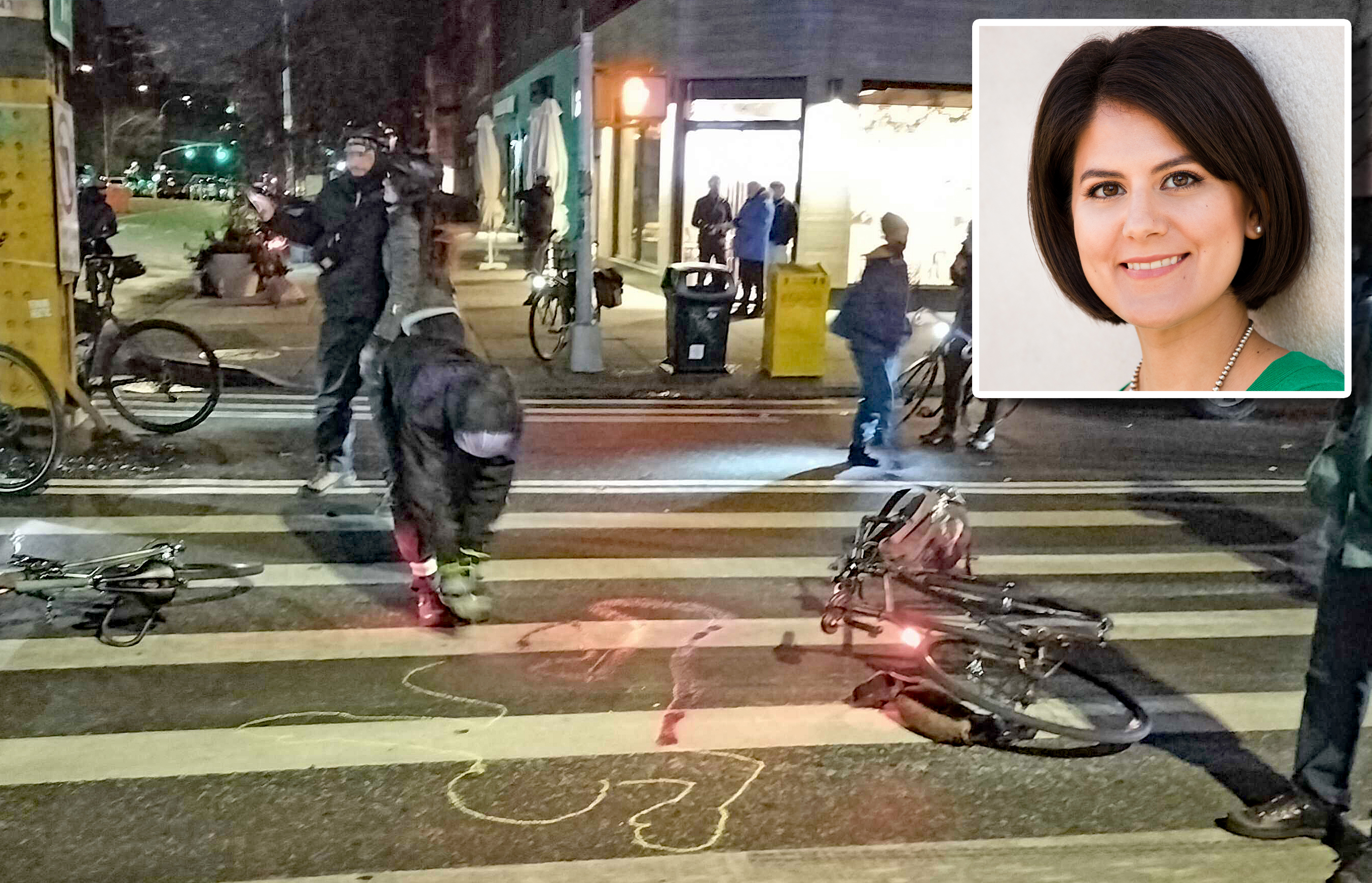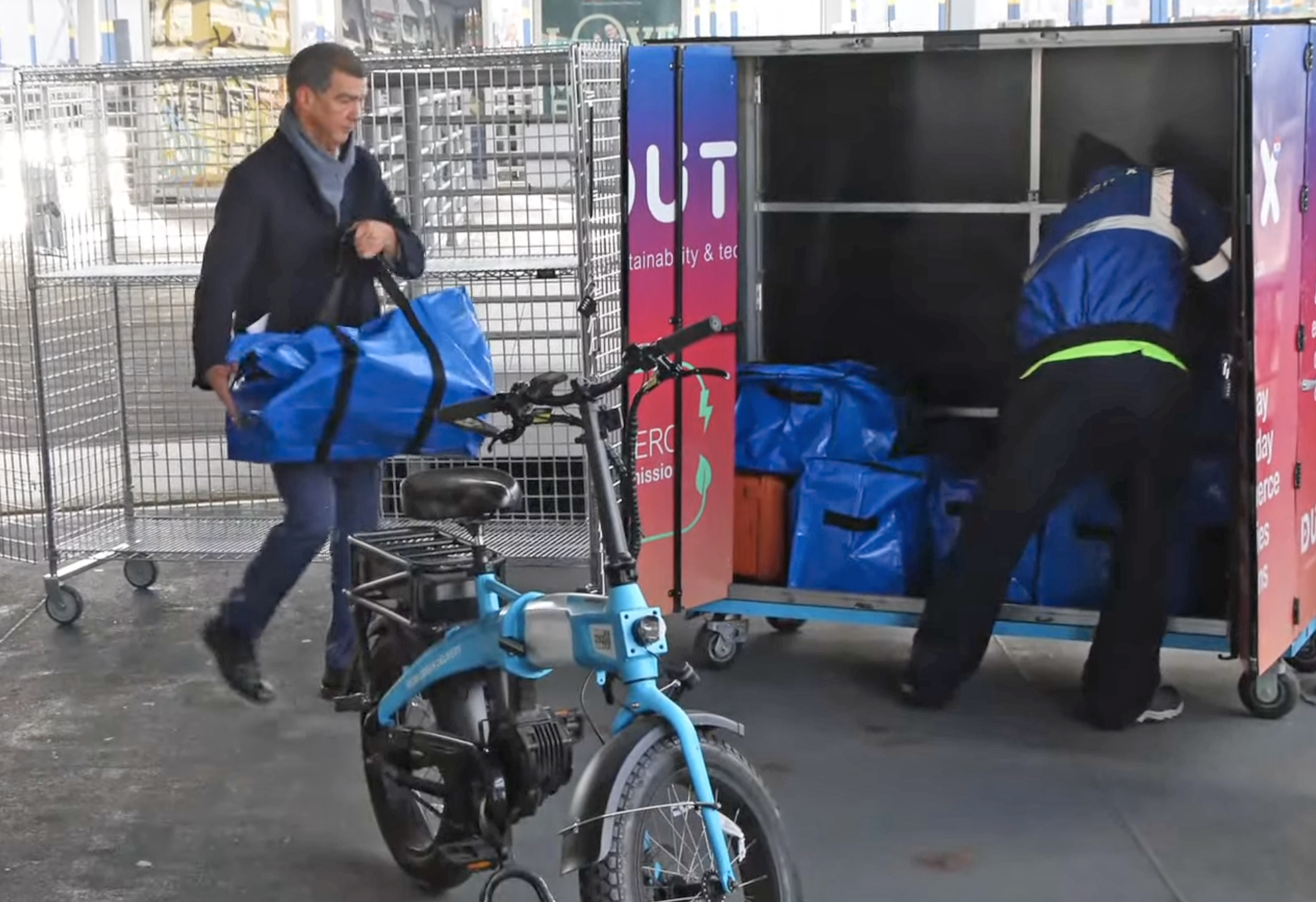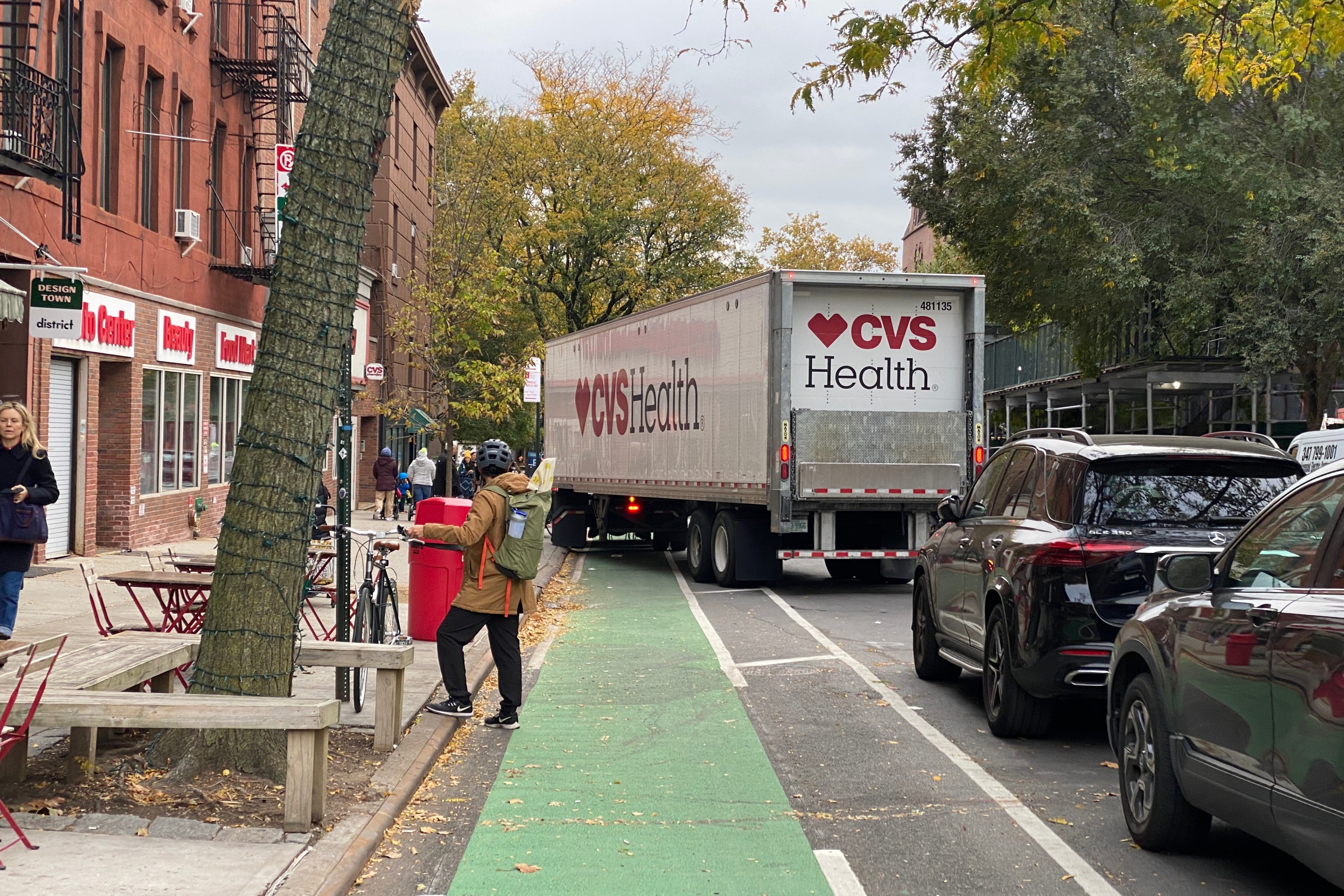 Student straphangers got a reprieve today, but without a real commitment from Albany to shore up MTA finances, their victory comes at others' expense. Photo: New York Post
Student straphangers got a reprieve today, but without a real commitment from Albany to shore up MTA finances, their victory comes at others' expense. Photo: New York Post"Deal Saves Student Metrocards" proclaims the New York Times. "Ride on!" blares the Post. There's just one catch: There isn't really a deal.
Despite the sunny headlines trumpeting the likely end of this year's student straphanger saga, in reality Albany didn't give a dollar in new funding to transit, and while student MetroCards are safe for now, the money to fund them will come at the cost of another hundred million in service cuts, fare hikes, or both, for other transit riders.
Here's the so-called deal, as first reported in the Post. New York State will contribute $25 million towards student transit, the city will chip in $45 million, and the MTA is on the hook for the remaining $144 million. The passage of the bus cam bill, it turns out, was another chit in the negotiation. Finally, the state permitted the MTA to raise its debt ceiling, allowing the agency's plans for construction and repair to move forward, funded by bonds on fares and tolls.
Recall that Governor Paterson had already offered $25 million for student transit in January. Back then, such a measly sum was considered the first step in the elimination of student passes and spurred widespread protests. The city has been chipping in the same $45 million since 1995, the time of the original student MetroCard arrangement -- and with the total cost of the program steadily increasing, that equates to a smaller city contribution each year. Today's "deal" is the same offer that's been on the table for months.
What changed is that the MTA caved, accepting bus cams as a consolation prize. Cutting student MetroCards, the agency's strongest bargaining chip, was exposed as empty threat. The fight over student fares was a game of brinkmanship between Albany and the MTA, and the MTA blinked.
And if student MetroCards are preserved without a new dime from either the state or the city, the money can only come from one place: riders. That's another $144 million in service cuts, $144 million in increased fares, or some combination of the two.
For today, students scored a hard-fought win. But a real victory would have the state and city pick up more than a fraction of the cost of transit to school; after all, they pay the full tab for bloated school bus costs. A real victory would have the state stop stealing dedicated funds from the MTA (any bets on how much goes missing in the coming budget?).
But rather than actually investing in transit, the state and city have again simply shuffled the remaining scraps of public funding among different groups of riders.





